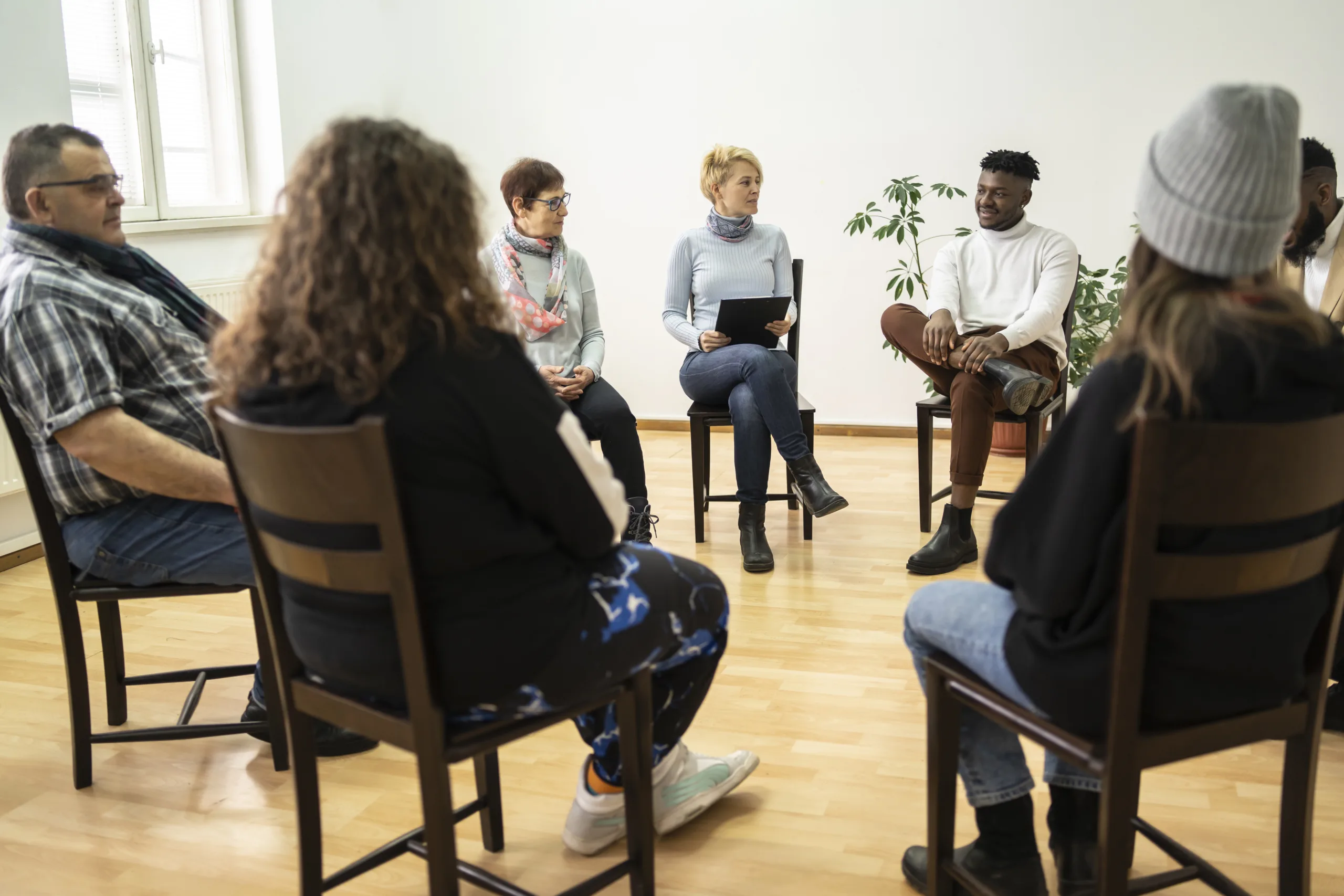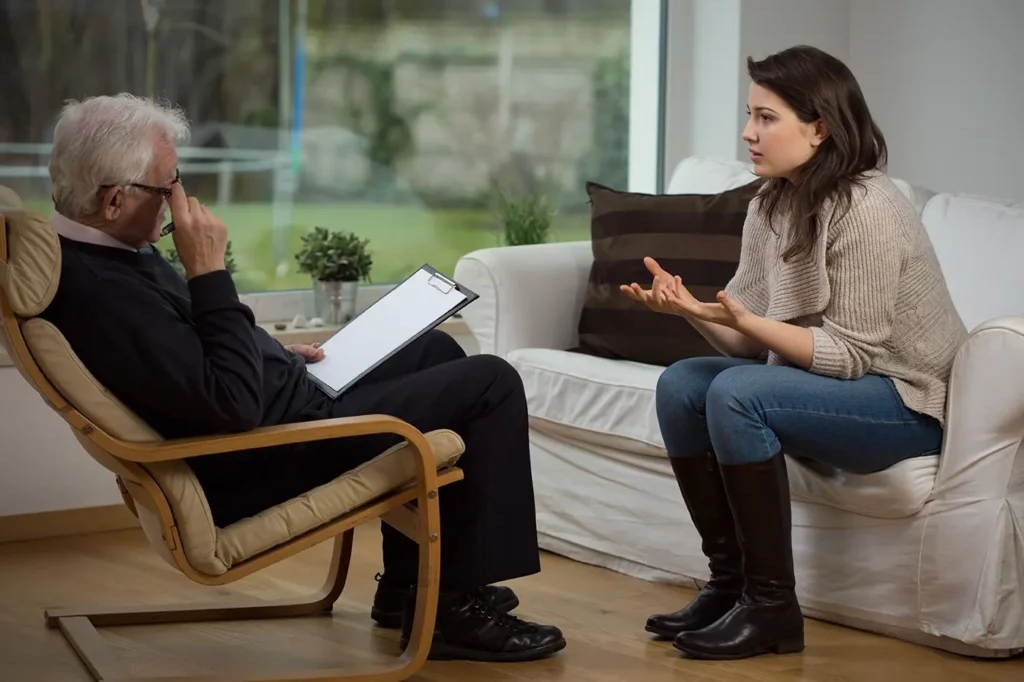24/7 Helpline:
(866) 899-111424/7 Helpline:
(866) 899-1114
Learn more about Group Therapy centers in Okabena
Group Therapy in Other Cities

Other Insurance Options

Ceridian

Health Partners

Oxford

UMR

Multiplan

Lucent

Optima

WellCare Health Plans

CareFirst

Excellus

MVP Healthcare

Ambetter

UnitedHealth Group

Premera

EmblemHealth

State Farm

Optum

BlueCross

Health Choice

Absolute Total Care






















